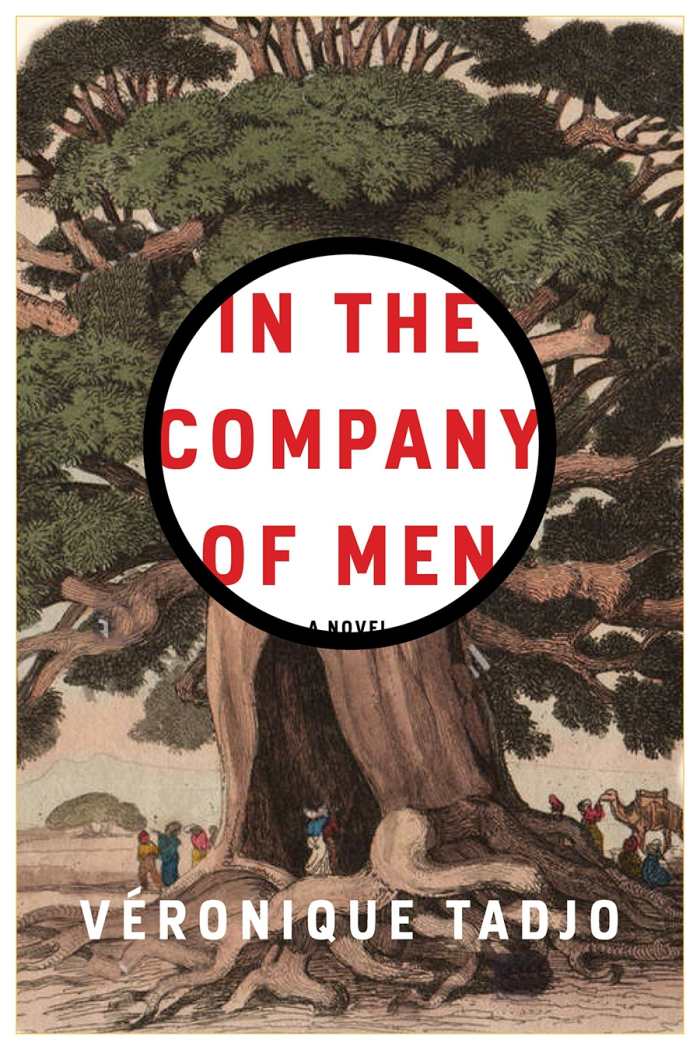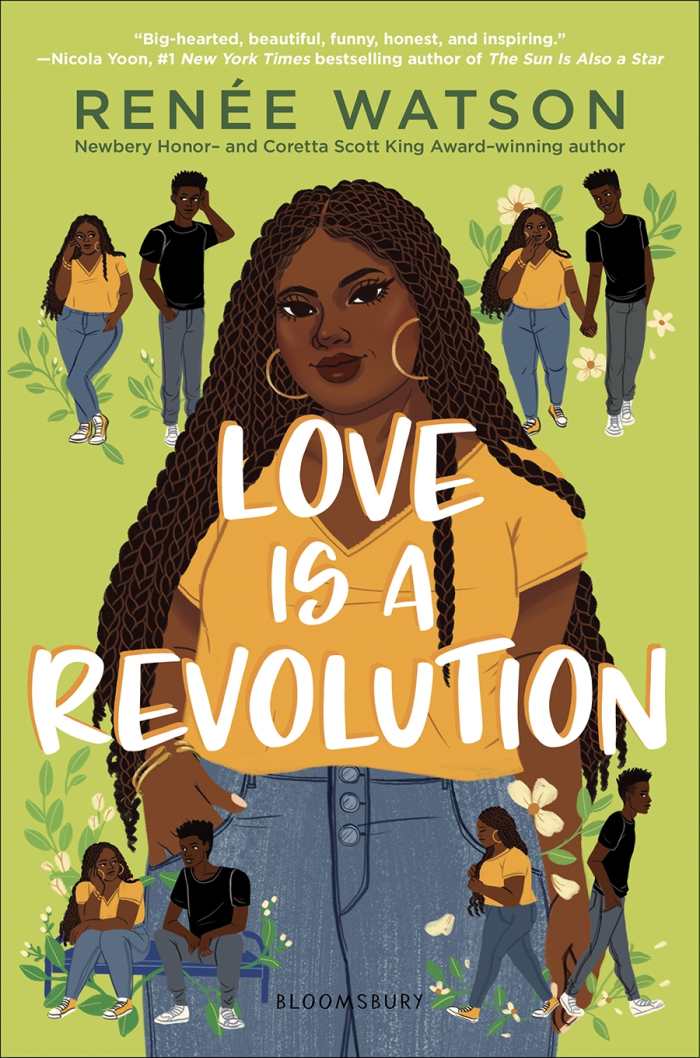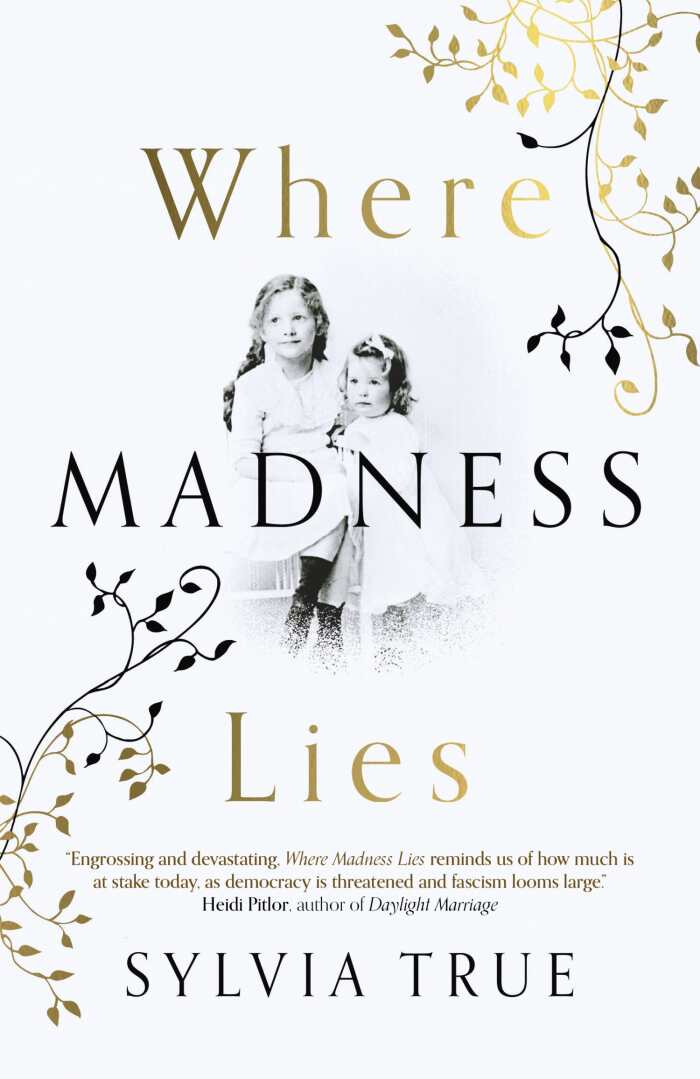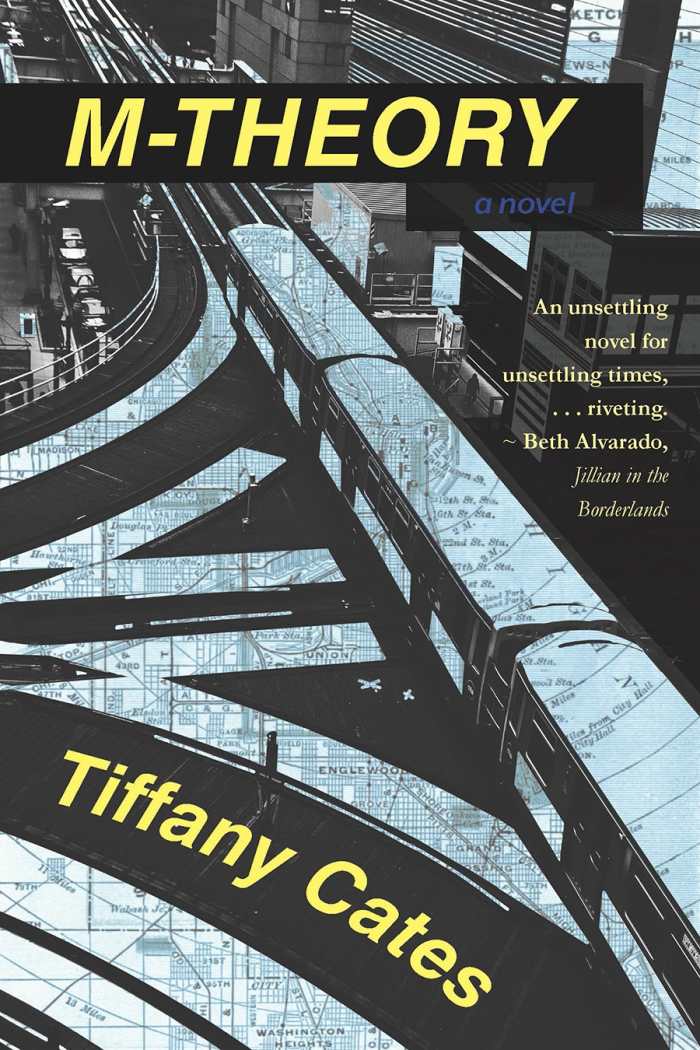Book of the Day Roundup: February 22-26, 2021
In the Company of Men

Véronique Tadjo
Other Press
Softcover $14.99 (176pp)
978-1-63542-095-1
Buy: Local Bookstore (Bookshop), Amazon
In Véronique Tadjo’s literary novel In the Company of Men, a community goes to battle against Ebola.
Two boys wander into the woods to hunt; they come come home proud to prepare and eat the animals they’ve ensnared. But within weeks, to the bewilderment of their village, the boys have fallen ill. They deteriorate with astonishing speed. Thus begins this chilling narrative of a quick-spreading epidemic.
After the story of the boys, the narrative changes, giving voice to the first, everlasting tree, Baobab. Baobab issues a scathing critique of human greed, followed by clear warning to human beings, that they stop destroying forests and viewing nature as little more than a cache of raw materials for marketable goods. Baobab’s narration follows a loose timeline, detailing how human aggression has displaced nature, including via the gold rush. This central thesis is clarified when Baobab names the animals that, deprived of their preferred habitats, have migrated into the company of men.
The narrative switches with each chapter to feature a new speaker, each with a different role in the fight against Ebola. These include a doctor, a nurse, and a volunteer who’s recruited to bury the dead. Each is rendered with respect. The approach pays homage to those whose work was imperative to overcoming the epidemic.
The book’s twin emphases—the notion that nature is important, and the idea that people should understand the world as a unit, its pieces together in every fight—are handled in both realistic and magical manners. In the Company of Men is graphic in detailing a relevant historical moment, while also devoting emotion and attention to those who dealt with Ebola in Guinea, Liberia, and Sierra Leone.
TANISHA RULE (December 27, 2020)
Love Is a Revolution

Renée Watson
Bloomsbury
Hardcover $18.99 (400pp)
978-1-5476-0060-1
Buy: Local Bookstore (Bookshop), Amazon
Renée Watson’s Love Is a Revolution is a story of summer love, family bonds, Black girl empowerment, and loving who you are.
Nala wants the summer before her senior year to be special. She wants to find a gorgeous new hairstyle. She wants to spend as much time as possible with her cousin Imani. Most of all, she wants to find love.
Then Imani joins a community youth organization that fights for racial and environmental justice and, at one of the organization’s events, Nala meets Tye and falls in love. She tells a few small lies so that Tye will feel that they have more in common. She spends the summer keeping up appearances, though she knows her tales are bound to fall apart. Though Nala knows that self-love is a revolution, she struggles with loving herself; in fact, she’s not sure that she knows herself at all.
Nala’s conversational narration is heartfelt, illuminating all of her perceived flaws and strengths. Her voice is steady, friendly, and no nonsense, exploring her identity and her relationships with those whom she loves, most of all Tye, Imani, and her family members. In these relationships, in action and in thought, Nala puts others first. Her perceptions of others are influenced by her comparisons of herself to them, revealing the depth of her insecurities. As the story unfolds, Nala gains surer footing, realizing that it’s okay not to know what she wants yet, so long as she gives herself grace on her way to becoming her future self.
Love Is a Revolution is a powerful young adult novel whose activist heroine works to change the world—and her self-perception.
AIMEE JODOIN (December 27, 2020)
Where Madness Lies

Sylvia True
Top Hat Books
Softcover $18.95 (344pp)
978-1-78904-460-7
Buy: Local Bookstore (Bookshop), Amazon
Where Madness Lies is an utterly compelling historical novel about the Nazi genocide, told from the perspective of psychiatric patients who reveal the generational impact of mental illness.
The two-part story begins in 1934 in Germany, where Inga Blumenthal and her sister Rigmor live with their demanding mother. Rigmor is beleaguered with anxiety and sleeplessness, hallucinations, and debilitating fear, but doctors are unable to diagnose and treat her. Inga decides to study psychiatry on her own. Then Rigmor is institutionalized, placed under the care of Arnold Richter at the Sonnenstein Psychiatric Hospital. The two become close. A Nazi eugenics program leads to terrifying developments for Rigmor, despite Inga’s best efforts to cure her.
In 1984, Inga lives in Switzerland. She receives word that her granddaughter, Sabine, has checked herself into McLean Psychiatric Hospital in Boston. Sabine, a new mother, has found herself unable to cope. Inga travels to the United States to help her granddaughter, leading her to unravel the story of Rigmor’s fate. These tragic revelations help Sabine and Inga to forge a stronger bond.
The book’s chapters are brief and their details close, and its characterizations are complex. Inga’s aristocratic Jewish family is subjected to cruelty in Nazi Germany; in the 1980s, Sabine is riddled by anxiety that she can’t control. Clear parallels are drawn between Rigmor and Sabine, despite their separate psychiatric institutions and differing periods. Though they are considered more fragile than society at large, they are shown to be courageous.
Hereditary mental health is at the fore of the novel’s search for understanding, as are the consequences of eugenics movements. Where Madness Lies is an illuminating story about how so much about mental health is beyond the individuals’ control.
MONICA CARTER (December 27, 2020)
Walking toward Peace
The True Story of a Brave Woman Called Peace Pilgrim

Kathleen Krull
Annie Bowler, illustrator
Flyaway Books
Hardcover $18.00 (40pp)
978-1-947888-26-5
Buy: Local Bookstore (Bookshop), Amazon
“How many miles can a person walk for peace?” wonders a woman who wants to counter the world’s inclination toward war. She sets a goal—twenty-five thousand miles—and spends years reaching, then exceeding, it, reliant on kind strangers for sustenance and places to sleep. She champions peace wherever she goes—in sermons, through pamphlets, and while meeting with new friends. In the book’s soft illustrations, peace trails behind her, represented by colorful, feather-like strokes. It’s an inspiring tale for budding activists.
MICHELLE ANNE SCHINGLER (December 27, 2020)
M-Theory

Tiffany Cates
Baobab Press
Softcover $17.95 (302pp)
978-1-936097-34-0
Buy: Local Bookstore (Bookshop), Amazon
The Chicago transit system is the nexus of two seemingly unconnected murders in Tiffany Cates’s unsettling, satisfying novel M-Theory.
Donovan rides the train every day, taking note of the different people whom he sees on a regular basis. One day, he begins seeing a woman in a blue coat, Emily (called M by those close to her). He can’t get her off of his mind. The two soon start a relationship that may be just a step up from strangers on a train—or, as Donovan hopes, something much more intimate.
But Donovan isn’t the only one M has made an impression on during her daily commute. An artist with a generous spirit and a need for connection, M has befriended a number of passengers and transit workers. She searches for meaning in her life, which is marked by a lonely marriage and uncertainty about the future. When a boy M knows is murdered, and M is found dead shortly after, it falls to a detective to put the pieces together and find out how the cases connect.
Alternating between characters, as well as between the past and the present, M-Theory is a thrill ride that is never quite what it seems. Its events and characters converge in surprising, unsettling ways, illuminating a spider’s web of interdependence that leads to violence.
As each character deepens, it becomes obvious that no one is truly good or bad; instead, they are all complex and human. Their motivations and actions ring true based on their pasts and personalities, yet there is still plenty of mystery surrounding what they will do next. The climax brings all of the novel’s threads together in a way that is satisfying, but that still leaves room for interpretation. M-Theory is a tension-filled novel that provides no easy answers.
ANGELA MCQUAY (February 18, 2021)
Barbara Hodge
